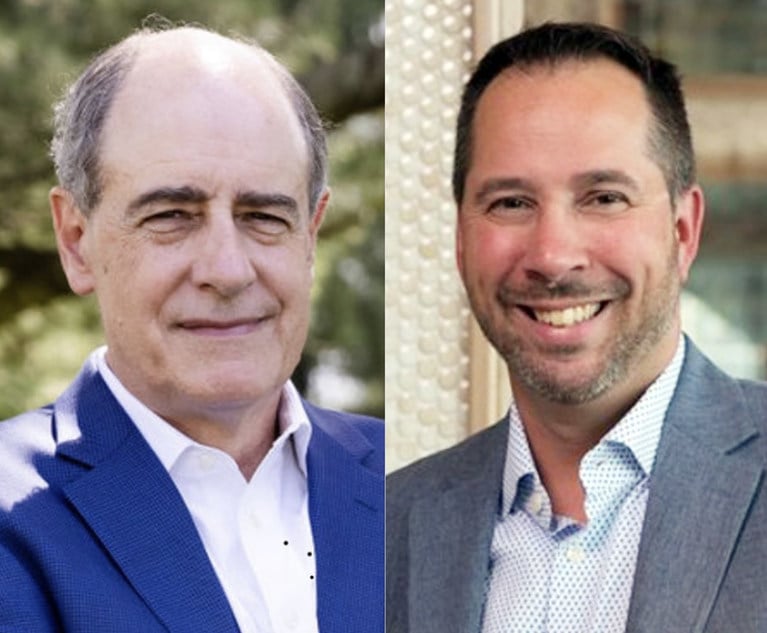One need only look to reports out of the White House this year to discover that employees, at times, feel compelled to secretly record their colleagues and bosses at work. The reasons for such activities are varied—some do it to publicly expose their employers concerning situations that they view as inappropriate, while others may attempt to use secret recordings to leverage positions in a court case alleging discrimination or retaliation in discipline or termination. The advent of smartphones with sophisticated recording capabilities has changed the landscape for how easily secret audio recordings can be made. As such, are employers at the mercy of employees with respect to secret recordings? The short answer is, it depends.
Legalities involving secret recordings in the workplace and circumstances involving the eventual use of those recordings is dependent upon the jurisdiction where the audio recordings occurred. Many jurisdictions, including New Jersey and Delaware, are “one-party consent” states, meaning that only one participant to a recording needs to provide consent to the recording in order for it to be legal. In those states, if the person recording the conversation is a participant in the conversation, the secret recording is, in fact, legal.


 Ronda K. O’Donnell, Marshall Dennehey Warner Coleman & Goggin
Ronda K. O’Donnell, Marshall Dennehey Warner Coleman & Goggin




